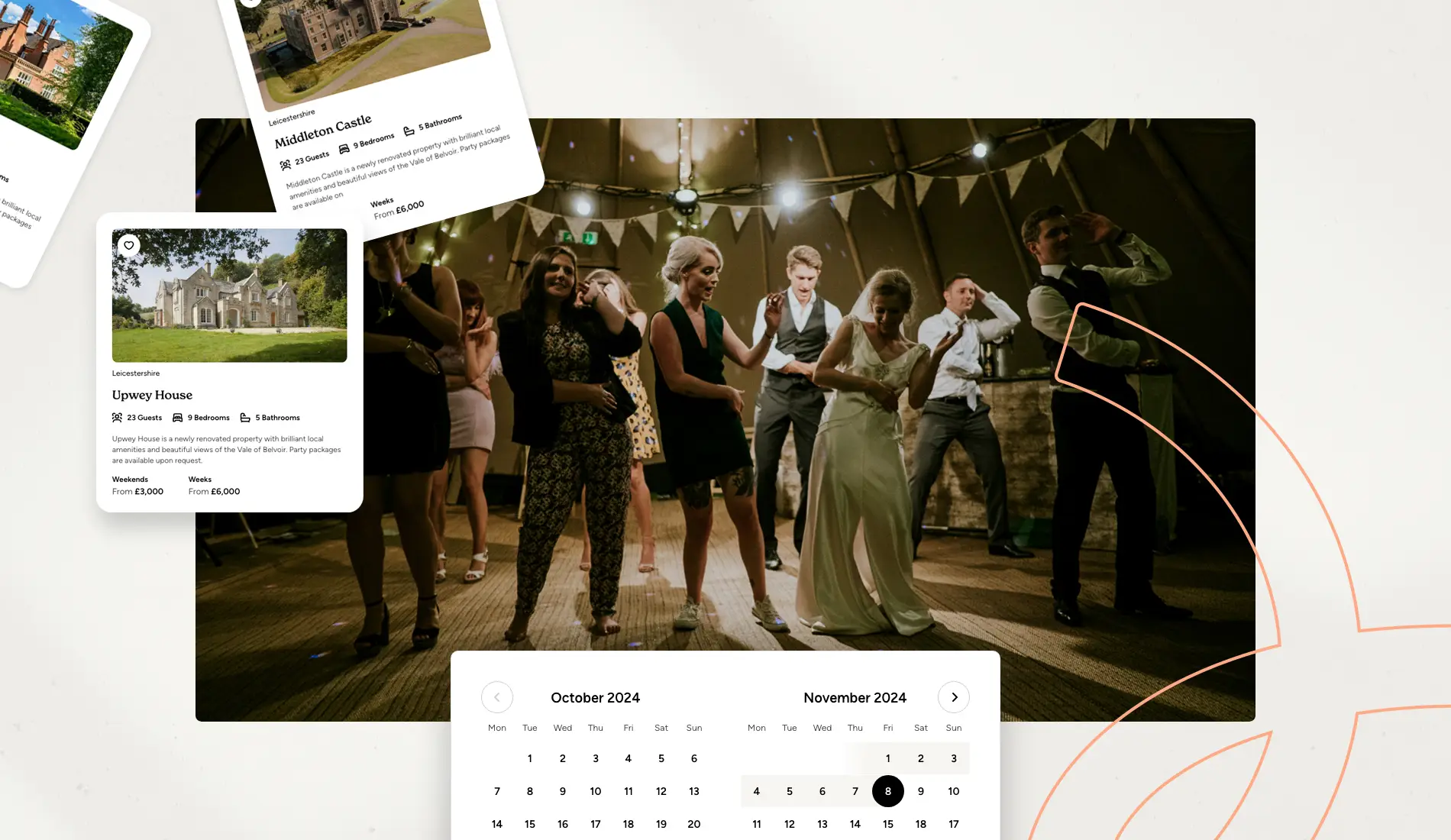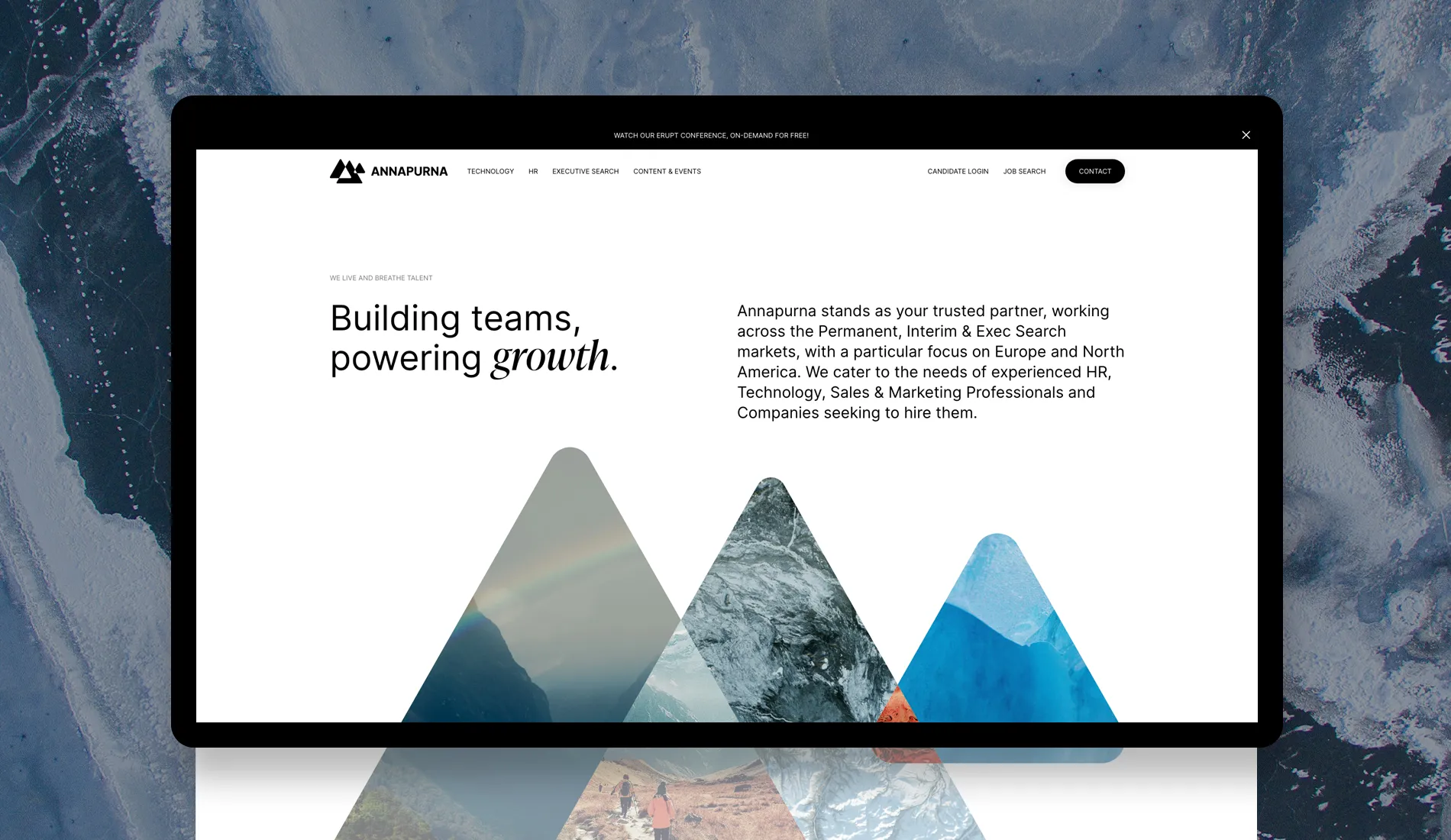When it comes to building a WordPress website that not only looks great but performs flawlessly, your agency’s approach to functionality matters just as much as its design. Most of the time, there is a suite of plugins that can already do the heavy lifting, and then there are occasions when those bells and whistles can and should be built into the theme. Either from a sustainability point of view or to reduce plugin bloat. Yes, that’s a thing!
After 18 years of designing and building custom WordPress (themed) sites for brands big and small, we’ve learned that knowing when to use plugins and when to go bespoke is what separates a good site (and WordPress agency) from the great ones.
Let’s break down the difference and help you decide what’s best for your project.
This Article Will Cover:
Why WordPress Plugins Are So Popular
One of the biggest reasons WordPress continues to dominate the web is its flexibility. Thanks to its open-source community, there are plugins for almost everything you can imagine. Need SEO tools, contact forms, or eCommerce features? There’s a plugin for that. Probably several.
Plugins can be a quick win. They offer pre-built functionality that saves time and budget, helping you launch faster. For smaller businesses, that’s a huge advantage. While not all of them are plug-and-play in the sense that they are instantly theme-compatible or visually don’t look good when activated, they will do a lot of the heavy lifting that could have cost an arm and a leg if created bespoke. But that’s where we come in. We’re an experienced web design agency, and that’s our job to make them look great on the front-end to complement your website’s aesthetics.
If you’re interested in what we consider the best options available, check out our guide to the best WordPress plugins.
The Drawbacks of Relying on Too Many Plugins
As handy as plugins are, it’s not always a case of “the more, the merrier”.
Poorly coded or outdated plugins can slow down your site, cause conflicts, or even expose you to security risks. And it’s not unheard of to receive a website to rebuild with 50+ plugins running. That’s why it’s so important to choose wisely and to work with an agency that tests and maintains them properly. That’s us! As of writing, we host around 150 client sites, and support the same again on top. So we’re in the business of making sure WordPress sites are hosted properly and are maintained on a regular basis.
Performance and security should always be priorities. Our post on advanced WordPress security tips.
When Plugins Are the Right Choice
If a reputable, well-maintained plugin already does what you need, it makes sense to use it. There’s no point reinventing the wheel.
A good plugin should:
- Have a strong reputation and regular updates
- Be compatible with your version of WordPress and the block editor
- Follow WordPress development best practices
- Offer clear documentation and support
Before we implement any plugin at Fhoke, we test it in a staging environment to ensure it meets our standards for quality, performance, and security.
For example, when setting up multilingual websites, we often review tools like WPML or Polylang, both excellent plugins, but only when configured correctly. You can learn more about how we approach this in our guide to WordPress multilingual strategy

When Bespoke Development Is Better
For larger, more complex websites, plugins often can’t deliver everything you need. That’s when custom development steps in.
Bespoke features are designed specifically for your site, ensuring they integrate perfectly with your existing systems and support the performance standards your users expect. They’re ideal when you need something truly unique, like an advanced booking system, a tailored CRM integration, or complex product logic in WooCommerce.
Take a look at Landed Houses, which relied on some heavily bespoked areas for house bookings or Salt Recruitment, where candidates have accounts for jobs they are interested in.
Bespoke development also means:
- Greater control and flexibility
- Fewer third-party dependencies
- Improved long-term maintainability
- Better scalability as your business grows
Yes, it can take longer to build and test, but the end result is a faster, leaner, and more future-proof website.
If you’re curious about how WordPress stacks up against other platforms, we’ve covered that too in our post on WordPress vs Squarespace
Making the Right Decision
Ultimately, the choice between plugins and bespoke development should come down to your goals, budget, and technical requirements.
Sometimes, a mix of both is the perfect balance. Start with a plugin to get your site live quickly, then invest in a custom build later once you’ve validated the need.
At Fhoke, we approach every build with a “performance-first” mindset. Whether it’s configuring a plugin or writing custom code, our goal is always the same. To create a site that looks beautiful, loads fast, and works perfectly.
If you’re unsure what your project needs, speak to an experienced WordPress agency like ours that can assess your requirements and guide you through the right path. Eighteen years in, we know WordPress inside out, and we’re here to help you make the right call.
So what should you use?
Plugins can be brilliant. Bespoke development can be powerful. The key is knowing when to use each.
So, before you install that next plugin, take a step back and think about the long game. Your website deserves more than a quick fix; it deserves a solution that’s built to last.
For more insights into building fast, secure, and scalable WordPress sites, have a read of our guides on WordPress hosting



